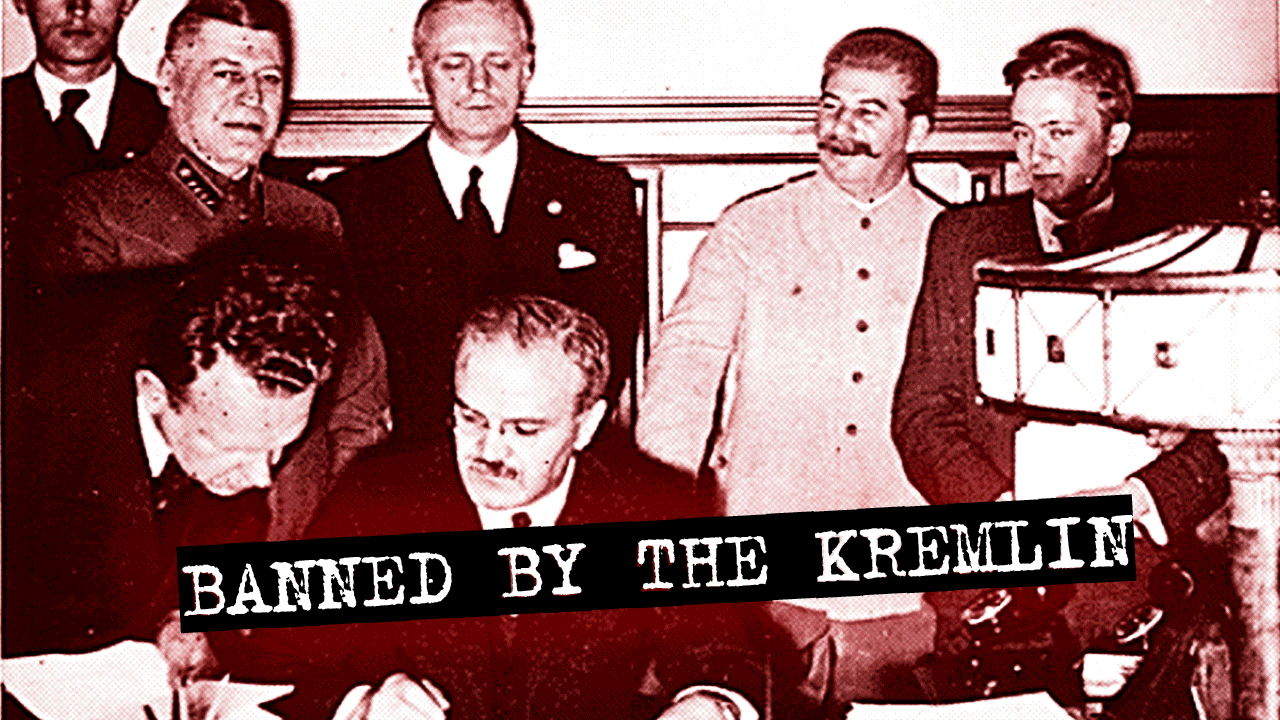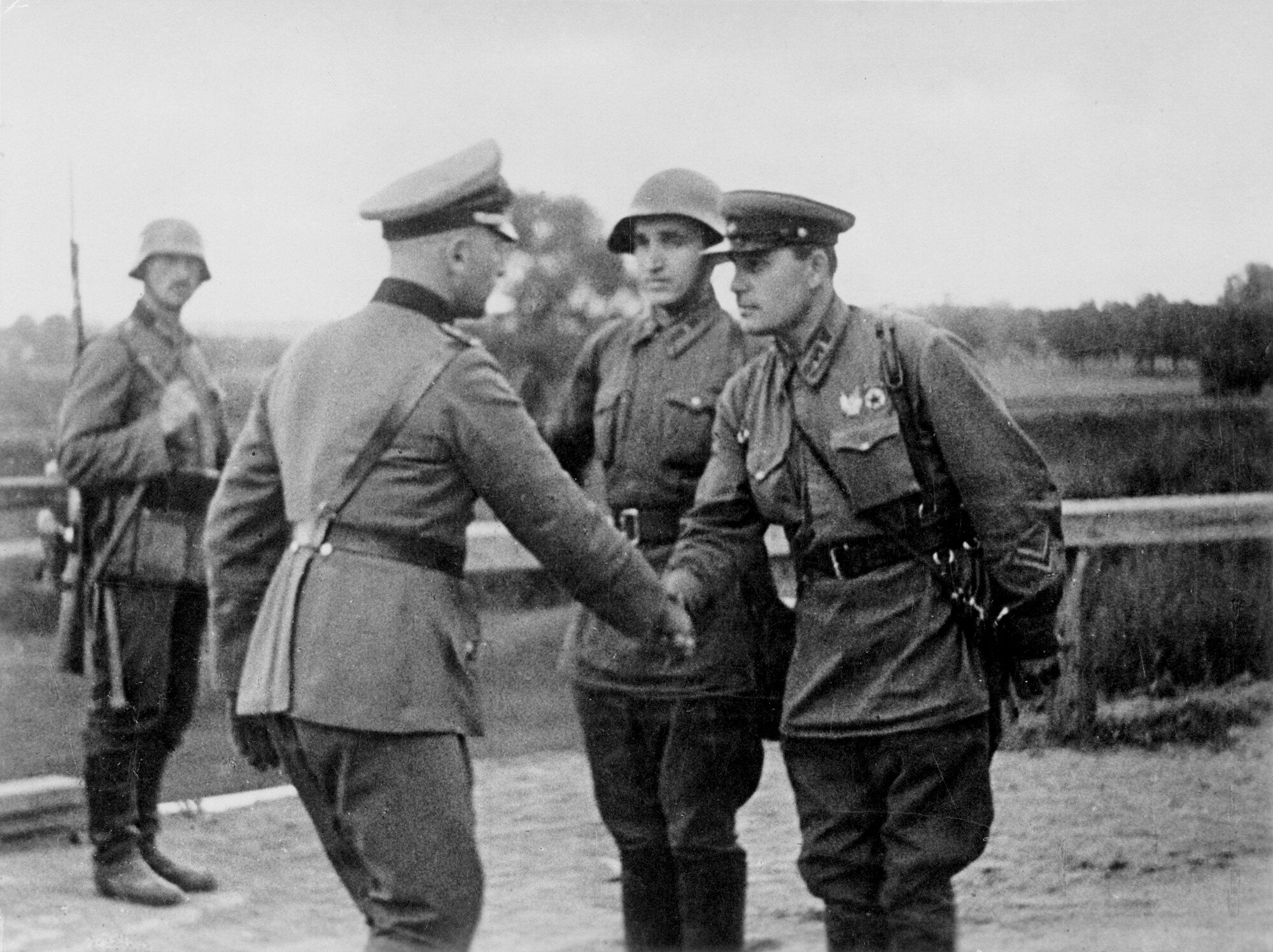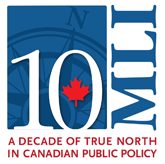
On July 1 of this year, Vladimir Putin signed a law that bans comparisons of The Soviet Union with Nazi Germany, which includes any denials of the Kremlin’s official view of WWII history of the Soviet Union as a benign liberator. Vladimir Putin ordered the Russian Duma to draft the legislation in January 2021.
The law seeks to supress the role of the Molotov-Ribbentrop Pact, a secret pact signed by Hitler and Stalin on August 23, 1939, that carved up much of Central and Eastern Europe between them. The agreement facilitated the start of WWII, allowing Nazi Germany to invade Poland a week later, with the Soviets invading later in September. On September 22, 1939, Soviet and Nazi forces organized a joint parade where troops marched under a joint Nazi-Soviet victory arch.
The United States Holocaust Memorial Museum clearly states that the Molotov Ribbentrop Pact “included a 10-year non-aggression pact between the two countries, economic cooperation, and territorial expansion”, and that it “prepared the way for World War II.” The USHMM could be charged under the new Russian law for stating this.

Nazi German and Soviet officers shake hands in Poland in 1939.
In 2009, Canada’s Parliament unanimously adopted a resolution introduced by Canada’s current ambassador to the United Nations, Bob Rae, marking August 23 as a Day of National Remembrance for the European victims of Nazi and Soviet tyranny. The European Parliament adopted a similar resolution in 2019.
Over the past decade, historical propaganda has become an imperative component of Kremlin’s domestic and foreign information warfare against Western nations. The Kremlin’s annual Victory Day parade and March of the Immortal Regiment are designed to build nationalist sentiment based on a manipulated and falsified version of Russian and Soviet history.
The Molotov-Ribbentrop Pact and the Soviet Union’s role in facilitating the start of WWII are incompatible with Vladimir Putin’s historical information warfare. Historical facts and truth are a serious threat to the Kremlin’s narratives, which is why the Kremlin has criminalized them.
The new Russian law could impact Canadian and other Western activists, academics and current/former elected officials who have written or spoken about this history and those who recognize the August 23rd commemoration. This includes Prime Minister Justin Trudeau, former Conservative leader Andrew Scheer and NDP leader Jagmeet Singh. The threat of transnational intimidation could have a chilling effect on activist who seek to promote historical truth and historians who study this – which is the goal of the Russian government’s ban.
Prime Minister Justin Trudeau’s statement on Black Ribbon Day: https://t.co/volNH9ZOmE
— CanadianPM (@CanadianPM) August 23, 2020
In the worst case, targeted individuals could be charged and “tried” in absentia – which could cause travel problems for them given the Kremlin’s past abuse of INTERPOL’s Red Notice system. The Kremlin’s support of the Belarusian government’s recent hijacking of a European commercial airliner that was carrying a critic of the Lukashenka regime should also be of concern for activists and historians.

